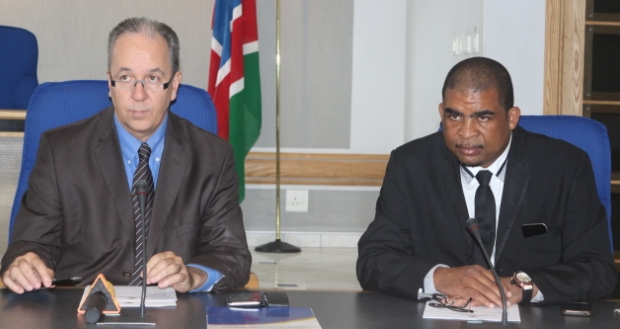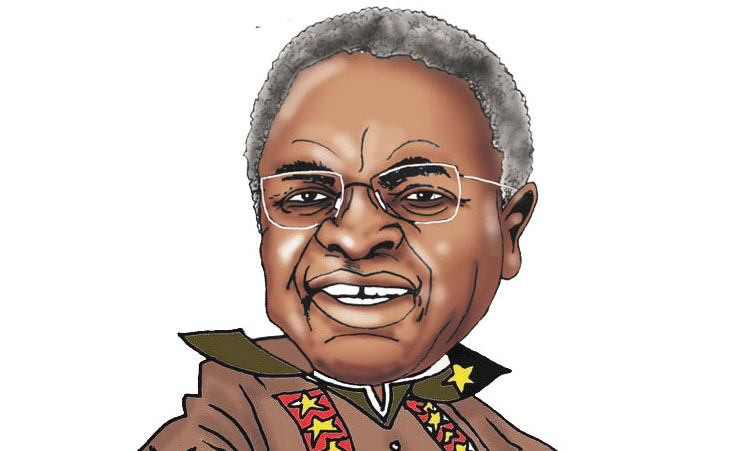Minister of Public Enterprises Leon Jooste says the suspension of State Owned Enterprises’ (SOEs) Chief Executive Officers with full pay must come to an end.
Jooste, who addressed a media conference in the capital on Thursday, said this practice has negatively affected productivity and performance in the public enterprise sector.
“I want to put it on record that I expect to see an immediate end to this unwanted practice where I conclude that some boards and chief executive officers seem to engage in, almost at will at the drop of a hat without any full appreciation and consideration of the financial and other serious governance implications and impact thereof,” he added.
The minister made it clear that his office is not against suspensions as a principle, but is opposed to the seemingly indiscriminate use of suspensions for purposes other than to carry out preliminary investigations to see if a disciplinary hearing is warranted or where there is a criminal offence committed or alleged.
Jooste said a suspension in essence should only be a precautionary measure before it is ascertained whether there is any factual basis to an allegation that might warrant holding a disciplinary hearing.
He stressed that there is no way any reasonable person would believe that such preliminary investigation would take more than two years before it goes for a hearing and made it clear that he is against a suspension being used as a punitive measure or as a personal vendetta against any individual.
He noted that his ministry is currently working on a code on how this process should be managed and will send a directive to all public enterprises.
He therefore appealed to all staff of public enterprises to cultivate a culture whereby ministers, the boards and management work in harmony for the sake of the development of Namibia’s economy and people.
The minister further expressed concern that when information or data is requested from public enterprises, such requests tend to be ignored with not even the courtesy of an acknowledgement thereof.
He added that the delay in sharing information or data could have serious consequences for the economic development of the country.
The ministry recently sent out a request to all public enterprises for crucial data pertaining to each public enterprise, for purposes not only of establishing a database, but also to take stock of and devise ways to address corporate governance failures and a lack of statutory compliance.
Jooste said the data was also requested pursuant to an urgent request from the Office of the Prime Minister to assess the extent of compliance to important government directives.
“Whilst I am fully appreciative of those public enterprises who responded positively as well as of those who asked for an extension of the deadline, I must still express my disappointment over the fact that the overwhelming majority, for reasons best known to themselves, chose to disregard this important request,” he said.
He therefore appealed to chairpersons of boards of directors of those entities that are in default of his ministry’s request to ensure that the data is received by his ministry within five working days before or by 08 May 2015.
He advised the CEOs of those defaulting entities that the provisions of the SOE Governance Act are still in force until the amendments are promulgated and that those said provisions stipulate penalties of a fine or imprisonment or both a fine and imprisonment for refusing to provide information that is requested.
He made it clear that if it becomes the only option at the end of the day, the ministry will have no other option but to invoke such a provision in the interest of the country and its people.
-Nampa
Stay informed with The Namibian – your source for credible journalism. Get in-depth reporting and opinions for
only N$85 a month. Invest in journalism, invest in democracy –
Subscribe Now!










